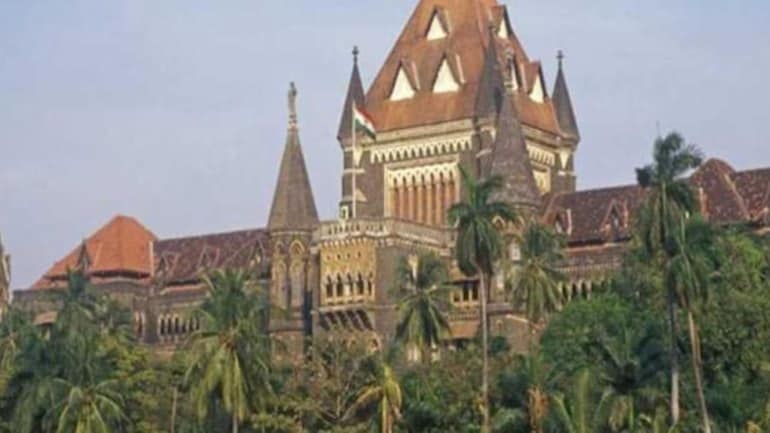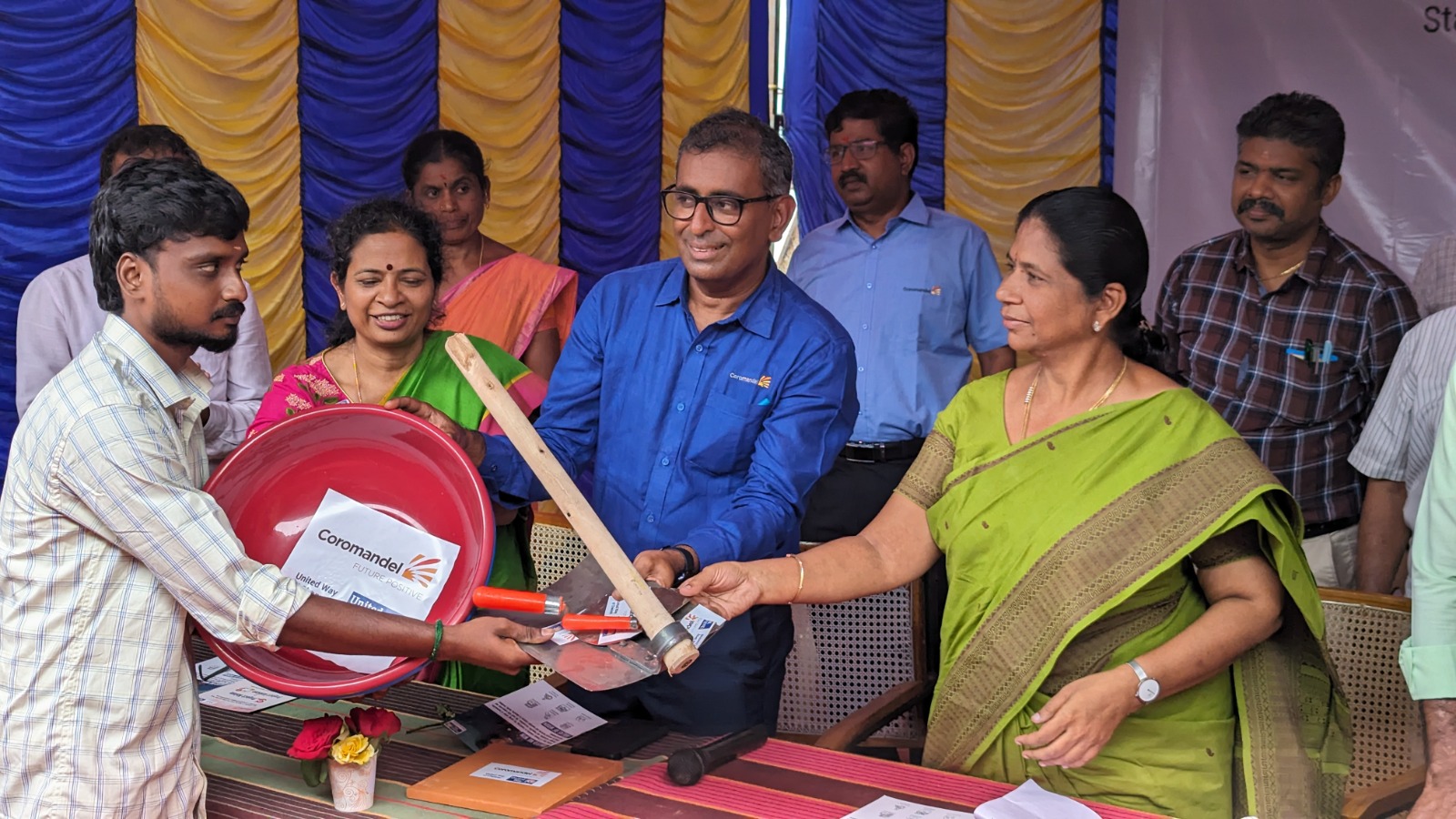Trending Now
- 830 voters names go missing in Kavundampalayam constituency
- If BJP comes to power we shall consider bringing back electoral bonds: Nirmala Sitaraman
- Monitoring at check posts between Kerala and TN intensified as bird flu gets virulent in Kerala
India News
In absence of evidence, conviction can’t be on moral grounds: Bombay HC
![]() April 15, 2021
April 15, 2021
Bombay High Court has acquitted four members of a family, convicted in 2010 in connection to a woman’s death by suicide within two months of her marriage into the family. The court held that a conviction on “moral” grounds was not the substitute for lack of evidence.
Megha, the deceased had a post-graduate degree in Mathematics from Aurangabad. Her family members feel that she killed herself as she couldn’t bear the pain inflicted upon her by her in-laws
A bench of Justice Sadhana S Jadhav and Justice Nitin R Borkar of Bombay HC was hearing an appeal from the deceased’s husband, his parents, and his brother who were given a life sentence by a Solapur court after being accused of murder.
The couple got married on July 28, 2010, and used to live in Malshiras, Maharashtra. On September 6, around 8.30 am, the woman’s husband and her brother left the house. The husband dropped his brother at a nearby bus depot and went to work.
When Megha did not open the door for a long time, the other family members finally barged in only to find her hanging from the ceiling.
They brought down her body and immediately informed the police. The woman’s relatives told the police that was mistreated by her in-laws over unmet dowry demands.
At the time of marriage, the groom’s family was gifted Rs 75,000 in addition to gold jewellery.
The advocate representing the convicted family argued in the court that “there is cogent and convincing evidence to show that there was no dispute between the members of both the families over dowry and the golden ornaments. Megha had committed suicide just within two months of her marriage which would prima facie show she was getting married against her wish.”
The government pleader, on the other hand, argued that the woman died in her matrimonial home and the reason for her mental depression and suicide ought to have been known to the accused persons and that the woman was harassed for dowry.
However, the court looked through evidence submitted in the case and saw that the husband had indeed been at his workplace when the woman died. Moreover, the door had to be broken as it was latched from inside.
“Medical evidence also proves beyond reasonable doubt that the cause of death was asphyxia due to hanging and therefore, a conviction for an offence under section 302 (murder) of IPC was unwarranted,” the court said.
“In cases like the present one just because the wife has died in her matrimonial house within two months of marriage, the entire family cannot be stigmatized as having committed offences as serious as an offence under section 302 of IPC. In absence of legally admissible evidence there cannot be a moral conviction,” said the court while adding that the prosecution could not prove its case beyond a reasonable doubt.
The court further said, “It prima facie appears that the deceased woman was willing to continue her education, however, she was married hurriedly by her parents since they found a suitable match for their daughter in all aspects. She did not seem to be happy with the marriage and committed suicide. All these facts speak for themselves and the accused deserve to be acquitted.”





















